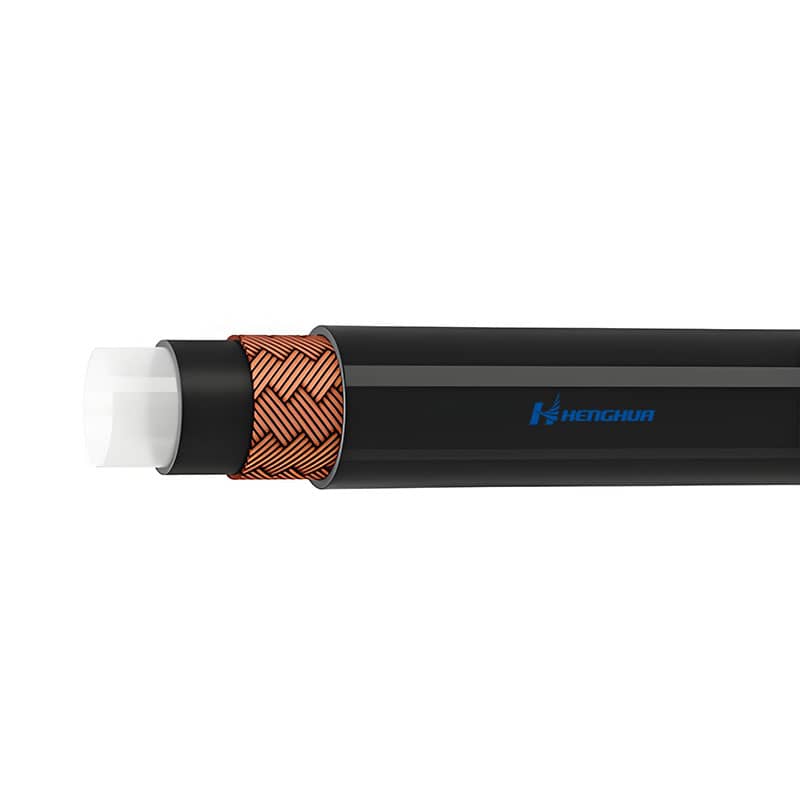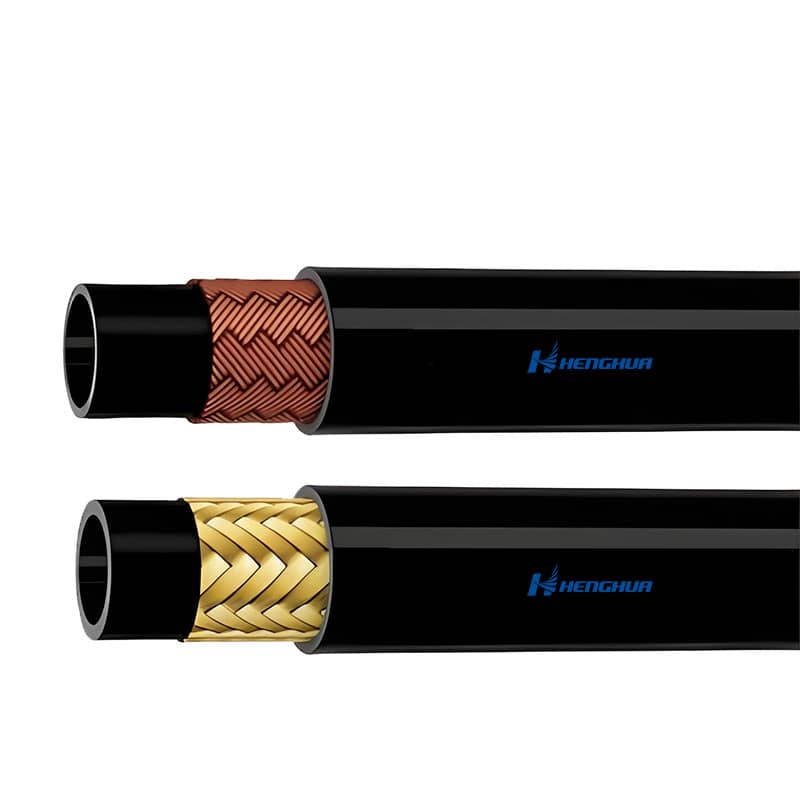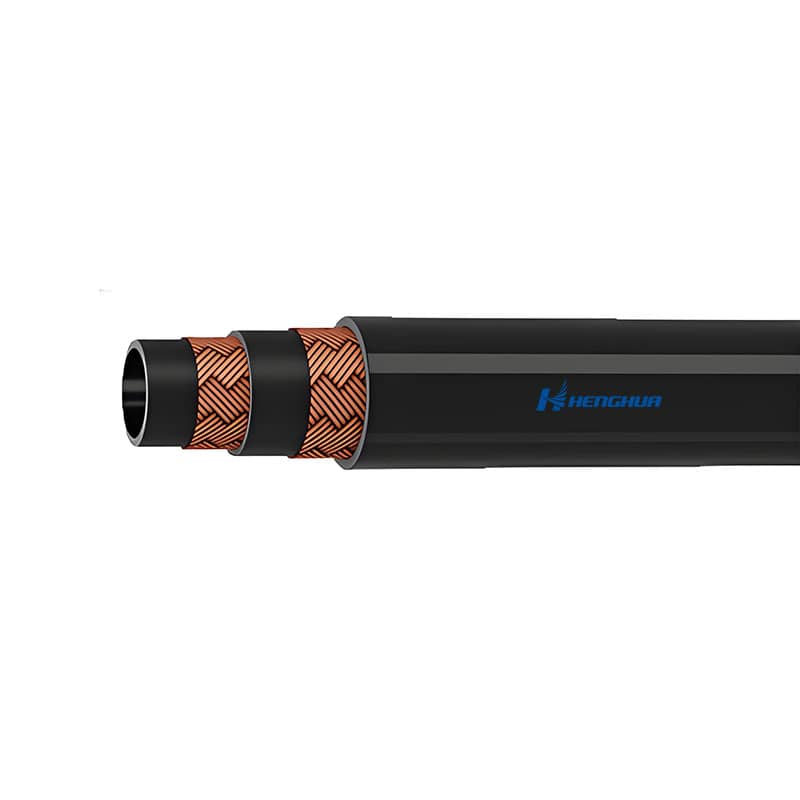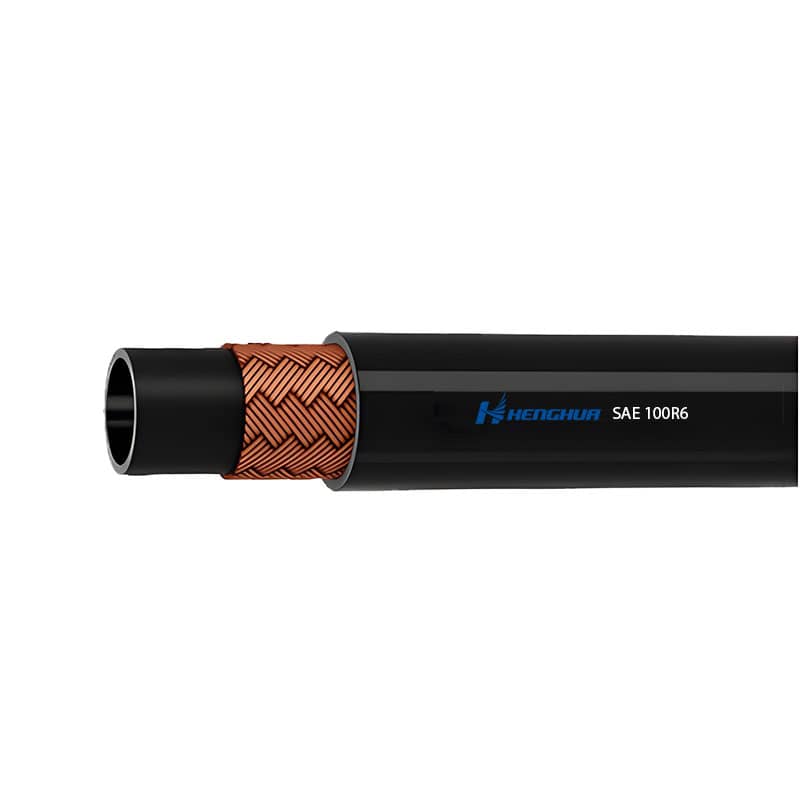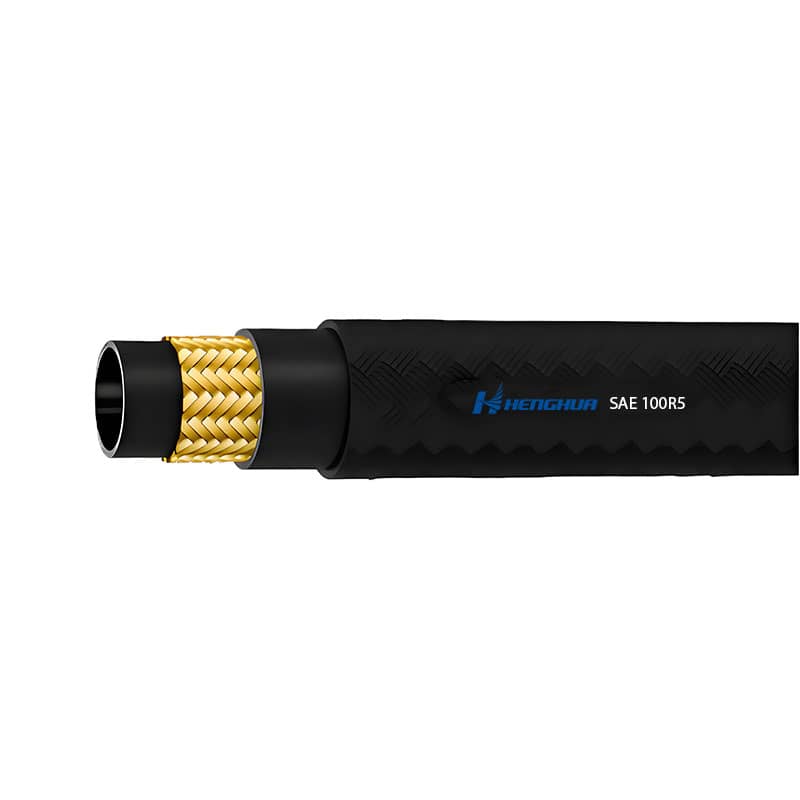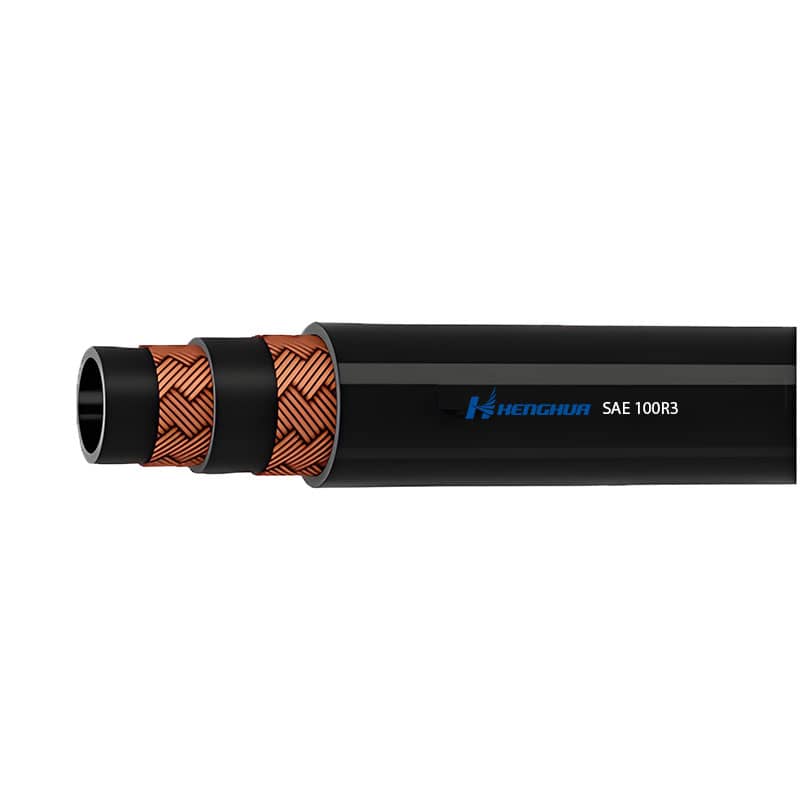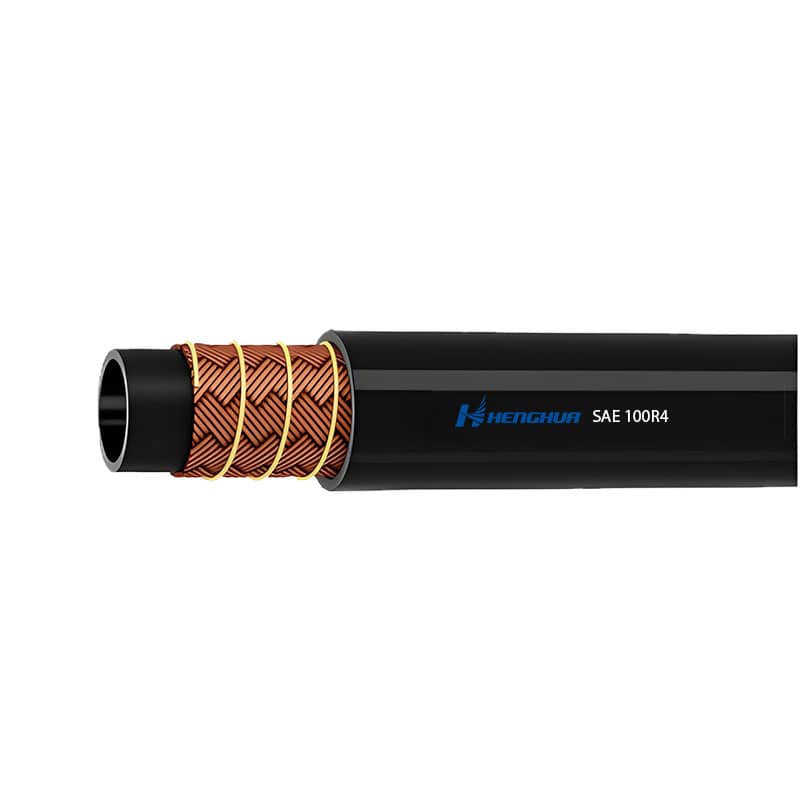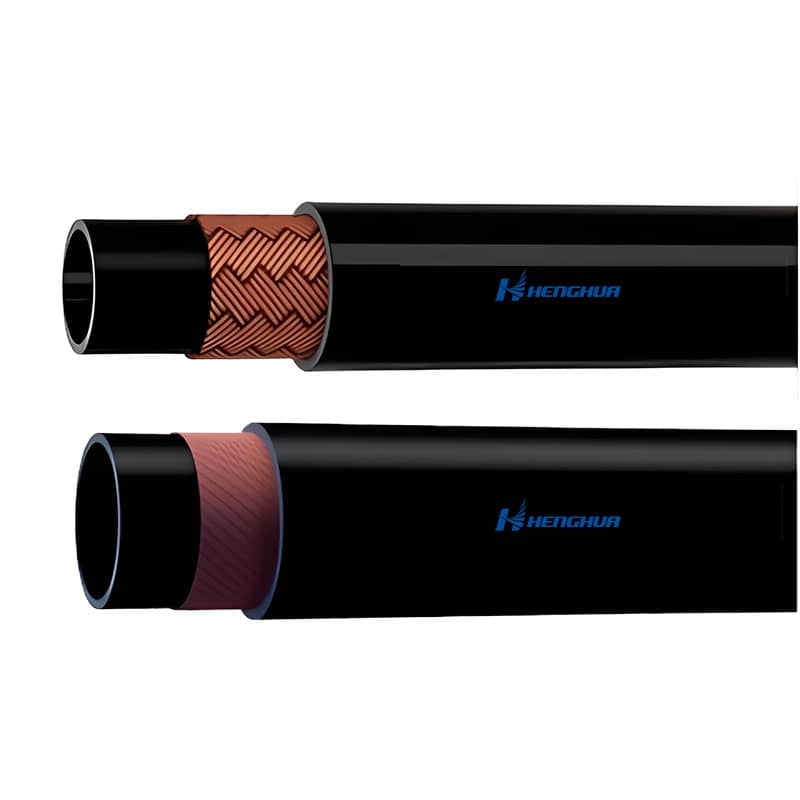How to Choose the Best Custom Hydraulic Hose for Your Equipment?
Understanding the Role of Custom Hydraulic Hoses
What Are Hydraulic Hoses and Their Functions?
Hydraulic hoses are flexible tubes designed to transport hydraulic fluid between different components in a hydraulic system. These hoses play a critical role in transferring energy efficiently by moving pressurized fluid, enabling the operation of machinery and equipment in various industries. Their core functions include:
-
Energy Transmission: Moving pressurized fluid to generate mechanical power.
-
Flexibility: Allowing movement and vibration in hydraulic machinery.
-
Customizable Connections: Adapting to complex machinery designs.
Advantages of Custom Hydraulic Hoses Over Standard Options
Custom hydraulic hoses are tailored to meet specific requirements, offering unique benefits compared to standard models:
-
Precision Fit: Designed to match exact specifications, ensuring optimal compatibility with equipment.
-
Enhanced Durability: Constructed with materials suited to specific environmental or operational conditions (e.g., abrasion, temperature extremes).
-
Improved Performance: Custom hoses can handle unique pressures, flow rates, or fluid types that standard hoses may not accommodate.
-
Reduced Downtime: Customization minimizes the need for modifications or replacements during installation or operation.
Common Industries Utilizing Custom Hydraulic Hoses
Custom hydraulic hoses are indispensable across many sectors, including:
-
Construction: Used in excavators, loaders, and cranes for heavy-duty tasks requiring robust and flexible solutions.
-
Agriculture: Found in tractors, harvesters, and irrigation systems, where reliability and environmental resistance are critical.
-
Mining: Essential for hydraulic-powered mining equipment, with custom hoses offering abrasion resistance and high-pressure capabilities.
-
Manufacturing: Supporting automation and heavy machinery in industrial production processes.
-
Oil and Gas: Ensuring safe and efficient operation in high-pressure and high-temperature drilling systems.
Custom hydraulic hoses help these industries maintain efficiency, safety, and productivity by addressing specific operational challenges.
Key Factors to Consider When Choosing Custom Hydraulic Hoses
Material Selection
The material of a hydraulic hose plays a pivotal role in its performance and durability.
-
Importance of Material Compatibility:
Hydraulic hoses must be made from materials that can withstand the type of hydraulic fluid being used, whether it's oil, water-based, or synthetic fluids. Material incompatibility can lead to chemical degradation, leaks, or reduced lifespan.
-
Overview of Durable Rubber and Abrasion-Resistant Options:
Durable rubber is a popular choice for its flexibility and resistance to wear. For high-abrasion applications, hoses with a reinforced or custom abrasion-resistant cover provide enhanced durability, reducing wear caused by external friction.
Pressure Ratings
Hydraulic systems operate under specific pressure ranges, and the hose must match these requirements:
-
Matching Hoses to Equipment Pressure Requirements:
Each hydraulic hose has a maximum operating pressure. Selecting a hose with a pressure rating that exceeds your equipment’s peak pressure ensures safety and prevents failure. Overrating slightly is better than underestimating.
Temperature Resistance
Hydraulic systems may encounter extreme temperatures, which can affect hose performance:
-
Selecting High-Temperature or Cold-Resistant Hydraulic Hoses:
High-temperature hoses are designed for use in extreme heat, while cold-resistant hoses maintain flexibility and integrity in freezing conditions. Consider the operational temperature range and choose hoses that can withstand the maximum and minimum expected temperatures.
Flexibility and Length
Proper flexibility and length ensure seamless equipment operation:
-
Choosing the Right Length and Flexibility for Your Equipment's Needs:
Hoses should be long enough to accommodate movement but not so long as to cause unnecessary bends or kinks. Flexible hoses are ideal for applications with frequent motion or vibration, reducing stress and extending the hose's lifespan. Proper measurements and fittings are essential for a precise fit.
Choosing custom hydraulic hoses based on these factors ensures compatibility, efficiency, and safety in demanding applications.
How to Maintain and Extend the Life of Custom Hydraulic Hoses
Regular Inspections and Signs of Wear
-
Inspect hoses for cracks, bulges, leaks, or kinks during routine maintenance.
-
Check connections and fittings for tightness and signs of corrosion.
-
Identify signs of abrasion, heat damage, or deformation that could lead to system failure.
Proper Storage Techniques
-
Store hoses in a cool, dry place away from direct sunlight and chemical exposure.
-
Avoid stacking heavy objects on hoses to prevent flattening or bending.
-
Use caps or plugs to protect the ends from dirt and debris.
Using a Manual or Portable Hydraulic Hose Crimper for Repairs
-
Equip your facility with a manual or portable hydraulic hose crimper for on-the-spot repairs.
-
Follow manufacturer guidelines to ensure proper fitting attachment.
-
Regularly inspect crimpers for wear and calibrate them to maintain precision.
Common Mistakes to Avoid When Choosing Hydraulic Hoses
-
Ensure the selected hoses are compatible with your crimping machine's specifications.
-
Mismatched hoses and machines can lead to improper fittings and system leaks.
Choosing Low-Quality Custom Hoses for Cost Savings
-
Low-cost hoses may save money initially but can fail prematurely under high pressure or adverse conditions.
-
Invest in certified, high-quality hoses to minimize downtime and reduce long-term costs.
These practices and considerations will help maximize the lifespan and reliability of your custom hydraulic hoses while avoiding costly errors.
FAQ About Custom Hydraulic Hoses
Can Custom Hydraulic Hoses Be Ordered Online?
Yes, many suppliers offer online platforms for ordering custom hydraulic hoses. These platforms often allow you to specify materials, dimensions, fittings, and additional features such as abrasion sleeves. Ensure the supplier provides detailed product specifications and supports your equipment's compatibility requirements.
How Do I Find Custom Hydraulic Hoses Near Me?
-
Use online directories or search engines with location-specific keywords like "custom hydraulic hoses near me."
-
Visit industrial supply stores or authorized distributors in your area.
-
Contact local hydraulic equipment manufacturers who often provide custom hose services.
What Are the Costs of Custom Hydraulic Hose Services?
Costs vary depending on factors such as:
-
Material Type: Durable rubber or abrasion-resistant options may increase costs.
-
Pressure and Temperature Ratings: Hoses designed for extreme conditions are often pricier.
-
Customization Features: Additional elements like specific fittings or protective coverings.
-
Supplier and Location: Geographic availability and supplier markup can influence pricing.
Custom hydraulic hoses play a critical role in ensuring optimal performance and safety across various industries. Key points to remember include understanding material and pressure compatibility, selecting reliable suppliers, and adopting proper maintenance practices.
To explore high-quality solutions tailored to your needs, consider partnering with trusted manufacturers specializing in durable and customizable hydraulic hoses.


